Historic and systemic inequities have limited access to critical resources like healthcare, education and affordable housing for Latinos and other communities of color in the U.S. These disparities widened as the COVID-19 pandemic broke out. Community-based organizations like the UnidosUS affiliates were on the frontlines meeting critical needs. These Latino-led and Latino-serving nonprofit organizations are filling gaps by providing culturally affirming resources and services in areas tailored for their communities and building trust with those they serve.
As the impact of the pandemic swelled, demand for their services surged to unprecedented levels, and the limits of their capacity were tested. Raza Development Fund (RDF) partnered with its sister organization, UnidosUS (UUS), to create a capacity building program to support nonprofit organizations that make up the UnidosUS Affiliate Network. With funding from the W.K. Kellogg Foundation (WKKF), State Farm and others, the RDF/UUS Affiliate Support Program (ASP) is developing empowering pathways to build long-term resilience and sustainability for frontline organizations.
In this roundtable discussion, you will hear from Annie Donovan, Raza Development Fund’s president & CEO; Andrew Brower, program officer at the W.K. Kellogg Foundation; Irene Cuyun, UnidosUS’ vice president, Affiliate Partnerships and Development; and Carlos de Quesada at VeraCruz Advisory.
Annie Donovan, Raza Development Fund:
Raza Development Fund is a Community Development Financial Institution (CDFI) – which essentially means we bring financial capital in the form of loans and sometimes grants to organizations who make a direct impact in Latino communities. RDF is a support corporation of UnidosUS, which makes us unique. We are part of the Unidos Familia and continuously work to support the affiliate network. During the pandemic we realized we needed to create a targeted solution to ensure that affiliates could endure the challenges facing them.
The ASP brought together a pool of talented professionals to help affiliate leadership teams better understand their organizational dynamics, assess their efficiencies and make informed strategic plans for growth. We are first helping community-based organizations understand any improvements to their models to provide more effective services, and in doing so, they can reach a better financial standing so that they can leverage additional capital.
Andrew, can you tell us about why WKKF decided to partner with us at such a critical time?
Andrew Brower, W.K. Kellogg Foundation:
WKKF has been a long-standing partner with UUS. We naturally formed a relationship with RDF to kick off the Affiliate Support Program and provided the seed capital, because we saw how overwhelmed grassroots organizations were as the realities of the pandemic were putting even more pressure on nonprofits led by and serving communities of color, and we saw how ASP could help increase access to resources. For us, backing Latino-led and Latino-serving partners was important.
Irene, can you help set the stage? Tell us more about the work the affiliates do and what needs you have seen among these organizations.
Irene Cuyun, UnidosUS:
Many of our affiliates are often the “go to” trusted community center in the area where families can seek a wide variety of resources from health care, immigration services, food resources, housing options, workforce assistance and development, voter engagement and civil rights, and more. They know the community, speak their language and understand their needs. During the pandemic, our affiliates became the “first responders” for local communities, jumping in with boots on the ground to meet the rising demand for support. Many quickly became stretched too thin. It was clear that they had gaps in their capacity and needed to figure out how to meet the level of growing need in their communities.
We were thrilled to partner with Raza Development Fund on the ASP to address gaps at such a critical time. And we are grateful that our funders did not try to over-engineer the design and delivery of the program.
Carlos, you helped design the program and have led its implementation. What were the most important principles you relied on as you created ASP, and how has the program evolved since May of 2020?
Carlos de Quesada, VeraCruz Advisory:
I was blessed to co-create ASP with Eric Salazar, RDF’s late colleague and family member who passed away unexpectedly in 2022. ASP was Eric’s brainchild. He had the vision of creating opportunity for all and was driven by a deep sense of faith, hope in the best of humanity and in having authentic compassion. Eric was also a former member of the UnidosUS team and had a deep understanding of the affiliate network.
We initially kicked off ASP with a cohort of 10 affiliates seeking specific technical assistance. To date, the program has helped 24 affiliates, six of which we are currently supporting.
ASP is demand driven – we listen to and provide what community-based organizations need.
During the COVID-19 pandemic, many affiliates became the only functional organizations that had the trust and understanding of the communities they served. As such, they became “all things to all people.” As we continue the program beyond the pandemic, we are shifting the focus from crisis, reactive management to guiding affiliates to develop strategic, forward-thinking decisions by providing tools, techniques and expertise to help them achieve their organizational goals. It’s all about providing their programs and services in an intentional and sustainable way.
Another great part of ASP is culturally attuned technical assistance consultants that have a highly accountable results-oriented mindset. Many affiliate leaders have become accustomed to getting grants in a very transactional (versus relational) manner. Instead, we help the affiliates view themselves as investment opportunities solving issues effectively, compassionately and locally – in ways private sector and government agencies are unable to. For many ASP participants, this mindset shift was an awakening creating true empowerment and understanding. Our ASP consultants help the affiliates find the data and story to help them best market themselves.
It’s both humbling and inspiring to work with these affiliate leaders to help them become more sustainable.
ASP Participant Success Stories
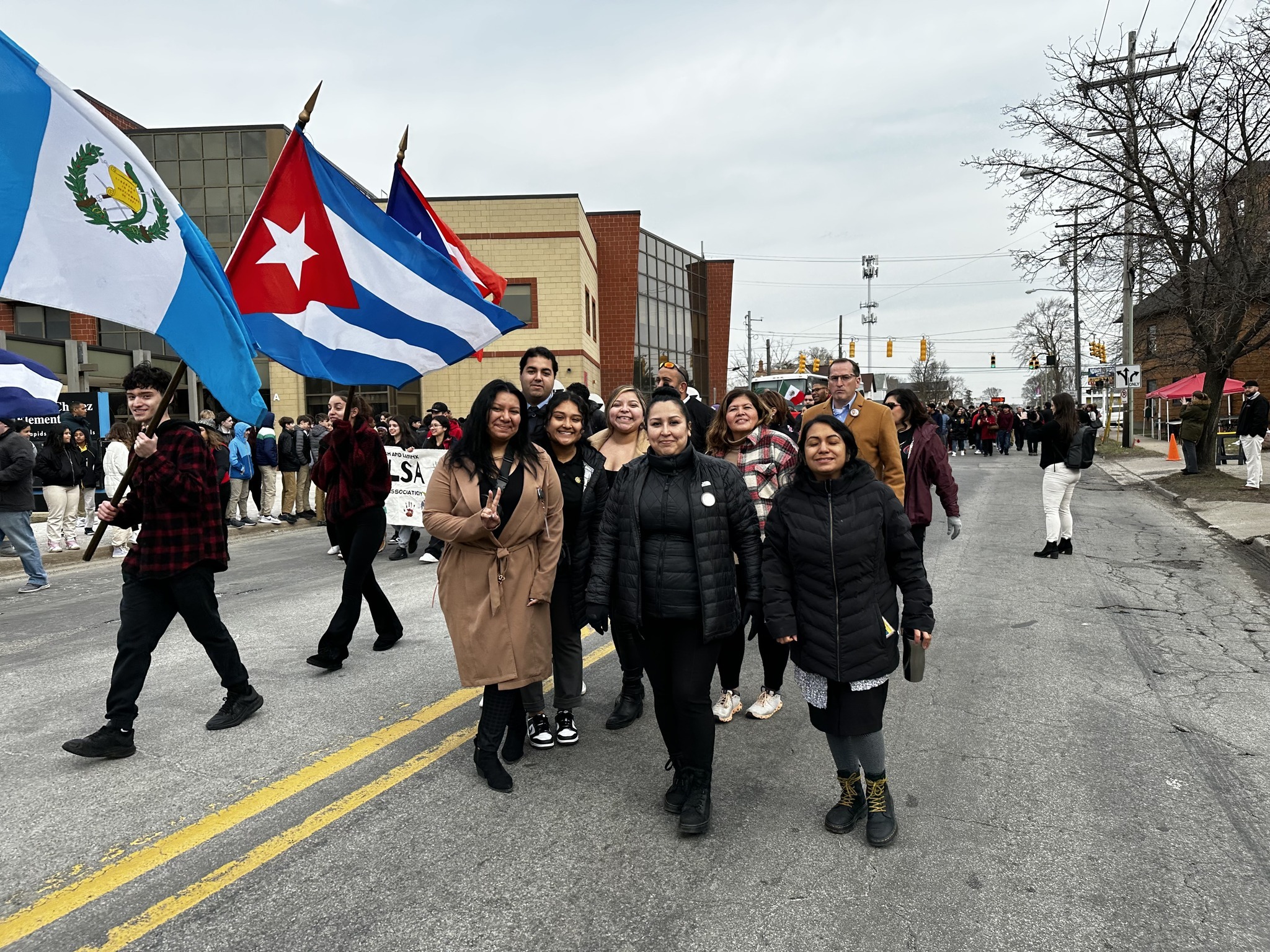
Photo Credit: Hispanic Center of Western Michigan facebook page
Grand Rapids, Michigan
This non-profit organization is an UnidosUS affiliate providing unmet social services to the Hispanic and broader community of Greater West Michigan. As a “go-to” resource serving more than 20,000 annually, the organization provides family support services (like referrals for shelter, food, clothing, health and wellness and assistance with rent applications) as well as helping parents with school enrollment, interpretation and other language support services, workforce development and education services for both children and adults.
Through ASP, we worked with the Hispanic Center of Western Michigan to evaluate its program-service areas and created a deeper organizational understanding to clarify its staff leadership roles. We then went deeper into more strategic work, facilitating a board retreat, helping clarify roles and bringing in new board members that better aligned with the organizational and executive team needs.
Northeast Ohio
This community-based organization is one of the many nonprofits that is an “all needs, go-to” resource for the Latino community in northeast Ohio. HOLA provides everything from COVID-19 outreach and support to voter engagement, immigration and citizenship support, medical and mental health care access, education and workforce development and more.
Through consultations, strategic reframing and financing, RDF helped HOLA Ohio build a Hispanic Community Center – a larger home to replace meetings in borrowed church spaces.
“We are beyond grateful to have received support from RDF through the Affiliate Support Program. They have a deep understanding of the challenges Latino organizations like HOLA Ohio face,” says Veronica Isabel Dahlberg, HOLA Ohio’s Founding Executive Director. “Thanks to the outstanding technical support they provided, we were able to achieve conventional financing for our Hispanic Community Center, a dream that will soon become reality for our growing Latino community in northeast Ohio.”
Tampa Bay, Florida
Hispanic Services Council offers education, resources, and advocacy to increase economic, civic and educational access for Latinos in Tampa Bay.
The ASP team provided Hispanic Services Council with an improved understanding of its organizational financial flows, market opportunities and vulnerabilities, including a detailed assessment of its impactful Immigration and Legal Services Assistance program and a strategic planning board retreat. Through ASP, the organization received technical assistance to revamp its website for improved outreach and more cohesive branding. They were also able to re-strategize how to offer the same quality services but more efficiently to see more clients and assess ways to increase revenue.
“The assistance provided by the Affiliate Support Program has really helped our organization to see where we can improve services to amplify the work that we do in our area,” said Maria Pinzon, Hispanic Services Council’s Executive Director. “The Support services program has been invaluable in building our marketing capacity.”
Annie: There are nearly 300 affiliates. Irene, is this a program they all could use, or what type of organization could benefit from this program?
Irene: All of them! The reality is the pandemic created an exponential demand for the services and resources our affiliates provide, and while that demand has eased it is still high. Our communities still need the critical direct care from the local nonprofit they trust. Therefore, all affiliates could benefit from a strategic review of its organizational structure to find ways to grow and do more.
Many of our affiliates were able to quickly respond and create emergency solutions during the pandemic, like mobile COVID-19 testing and vaccine clinics. With ASP, these organizations can discover how to make those crisis mode solutions into innovative long-term strategies with a sustainable growth mindset.
If an affiliate believes its organization needs more resources (personnel, equipment, training, physical office space, financial capital) to meet its goals and commitments to the families they serve – this program is for them.
ASP aims to affect transformational change by strengthening the power of the Latino community-based nonprofit sector and the role it plays to authentically advance racial equity.
Andrew: Annie, how does supporting these organizations in this way impact our communities at large and how can we maximize this impact?
Annie: Historic and systemic inequities have limited access to critical resources like healthcare, education and affordable housing for Latinos and other communities of color. UnidosUS affiliates are closing disparity gaps by providing resources in areas that are needed most and building trust with those they serve. We want all UnidosUS affiliates to have access to capacity building assistance that is tailored to their needs, culturally competent, and focused on long-term sustainability. Through ASP, we are working to build generational wealth and create a prosperous future for Latino communities.
Raza Development Fund and UnidosUS look forward to growing and expanding this very important program so that Latino-focused affiliate organizations can serve families in the best way possible. Learn more about the Affiliate Support Program and these organizations online at razafund.org and unidosus.org.

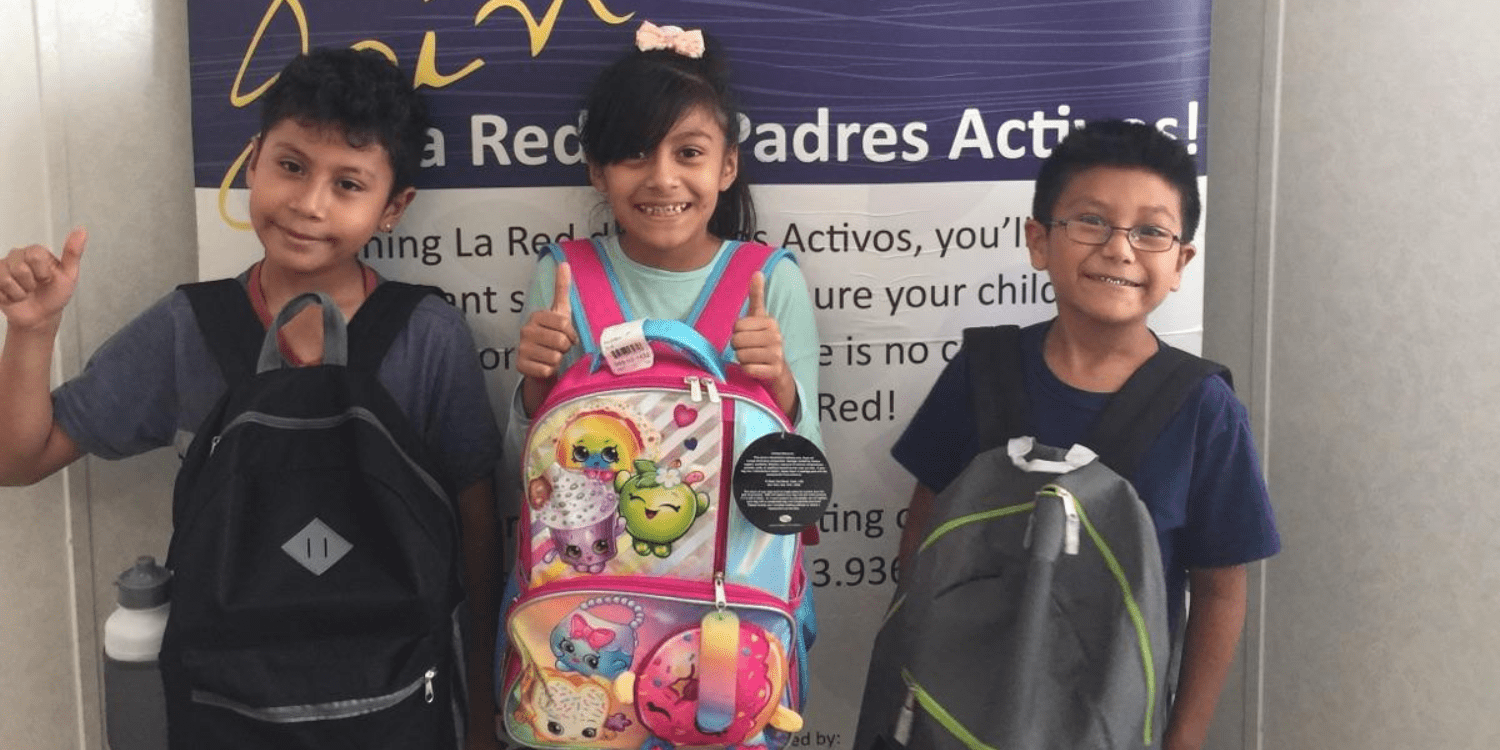

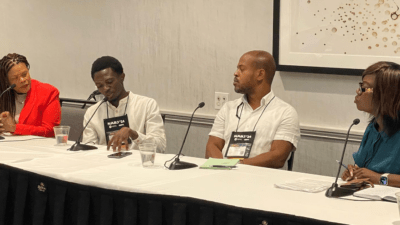
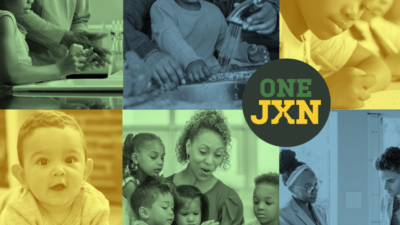
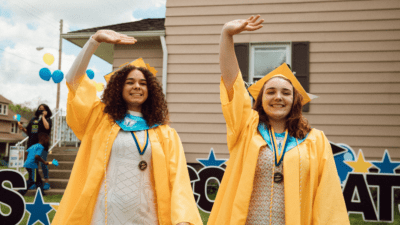
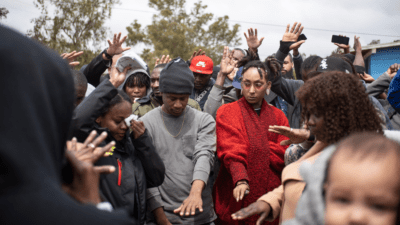

Comments